Hunters, wildlife advocates remain deeply divided after a narrow vote settles a hot-button issue
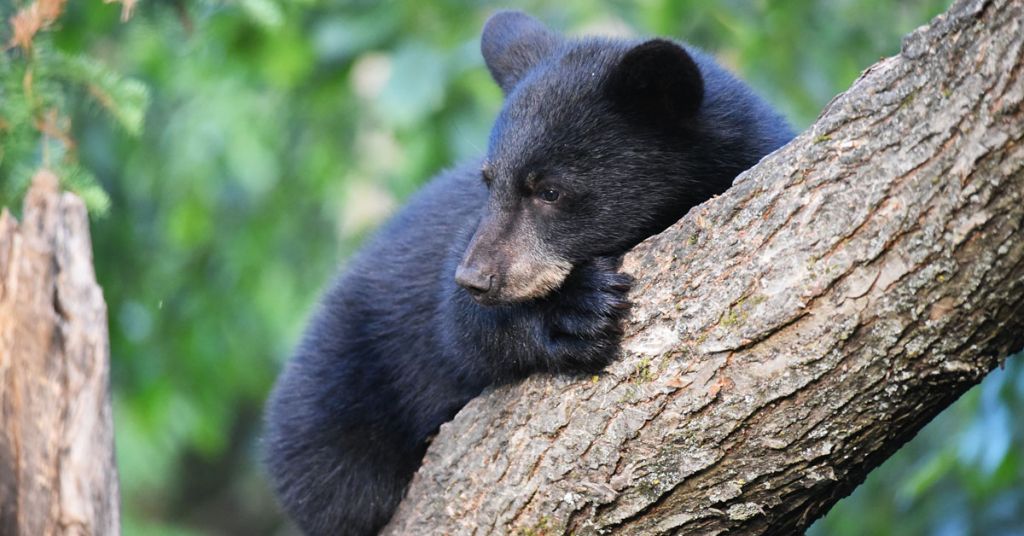
Spring forward: Motherless cubs were just one concern surrounding spring bear hunts. Photo: Courtney Celley/USFWS
By Chuck Thompson. November 22, 2022. Following years of often rancorous debate and impassioned testimony from hunters and conservationists, on Nov. 18 the Washington Fish and Wildlife Commission voted 5-4 to end recreational spring bear hunting in the state.
“However, the Commission discussed support for the Department to propose hunts that would use recreational licensed hunters when needed to address certain management objectives, such as timber damage, achieving ungulate management objectives or human-wildlife conflict issues and expressed that this was not precluded by the motion,” according to a Washington Department of Fish and Wildlife press release.
According to the Seattle Times, Washington has generally allowed yearly black bear hunting seasons in spring and fall for about 80 years. Other reports say the current iteration of the spring bear hunts dates to the 1970s or late 1990s.
Last week’s vote marks the end of the Commission’s extended consideration of the subject, which began more than two years ago after a coalition of advocacy groups challenged the hunts.
“This marks the end of a very long fight for Washington Wildlife First and thousands of dedicated wildlife advocates, and hopefully the start of a new era at WDFW,” wrote Claire Loebs Davis, president of Washington Wildlife First, in an email to Columbia Insight. “We applaud the commissioners for standing by their convictions under intense pressure, brutal criticism and sometimes even threats of violence.”
For some hunters, the decision was further evidence of a state agency out of touch with rural values.
“There’s little solace for sportsmen now more suspicious than ever about a Fish and Wildlife Commission yawing sharply to port,” wrote Northwest Sportsman magazine following the decision.
“The Washington Chapter of Backcountry Hunters & Anglers is disappointed in the Commission decision, not only in the outcome, but in the continued use of problematic language and statements that has persisted throughout this two-year ordeal,” the organization’s secretary, Dan Wilson, told Northwest Sportsman. “Once again, commissioners have interjected their personal biases onto a government oversight panel that is answerable to the citizens of Washington, including rural counties, indigenous communities, hunting stakeholders, private industry and department funding channels.”
Chuck Thompson is editor of Columbia Insight.
RELATED: Contentious spring bear hunt put on hold
RELATED: Bear habitat is disappearing as urban boundaries expand


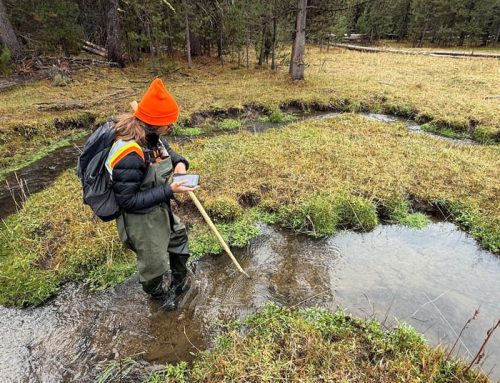
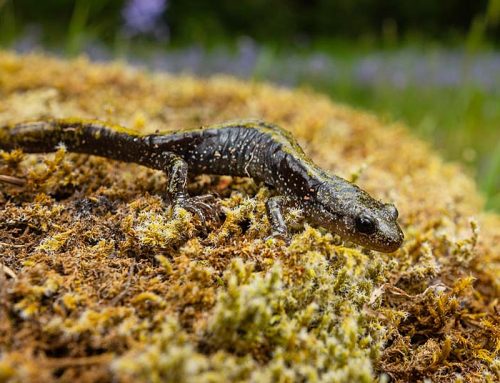

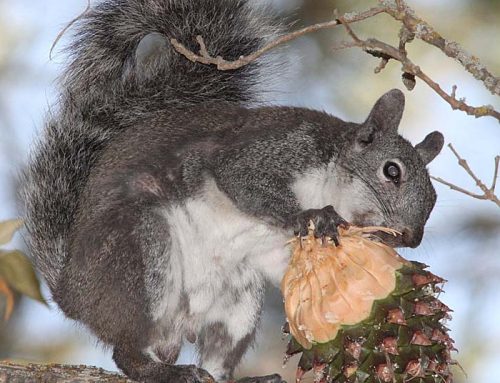

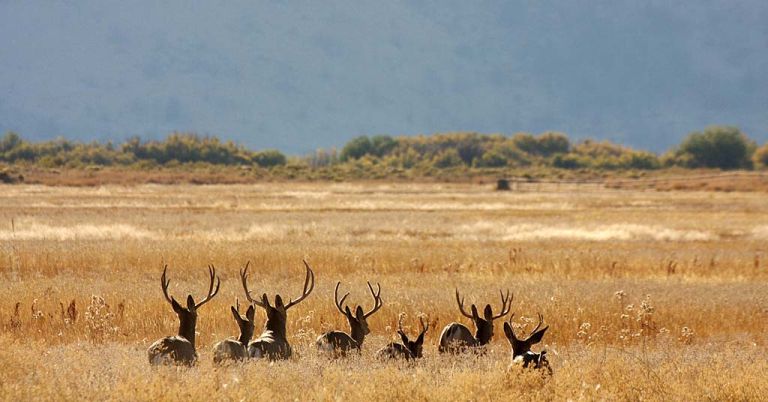



We all use personal bias to make decisions. Bias comes from values. The Commission’s decision seems to balance urban and rural values. Killing female bears in spring hurts bear populations.